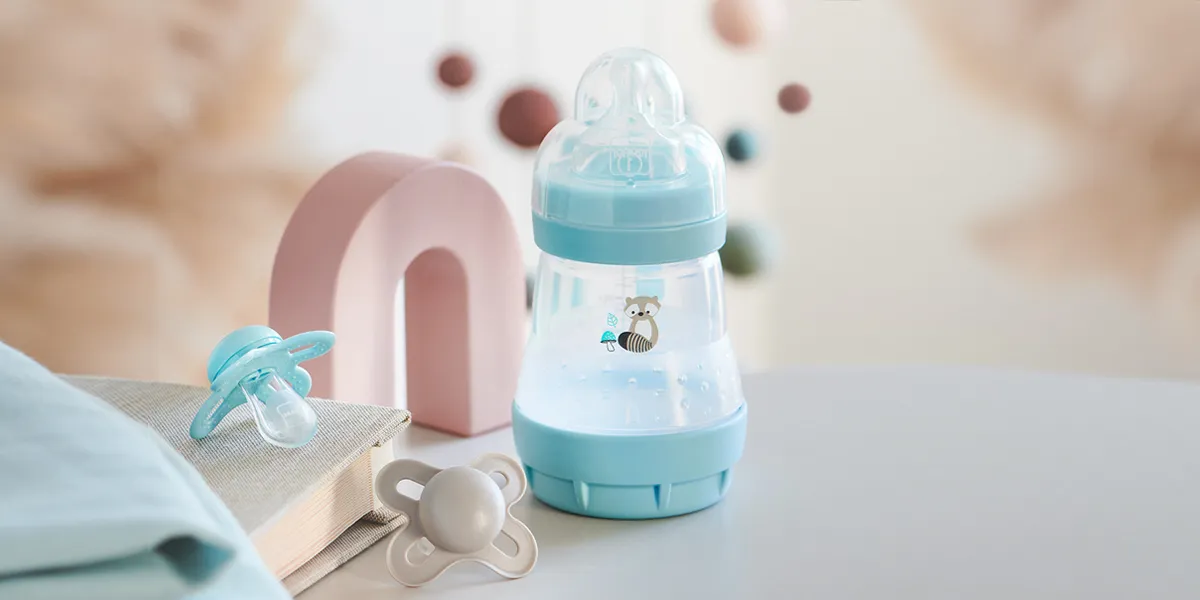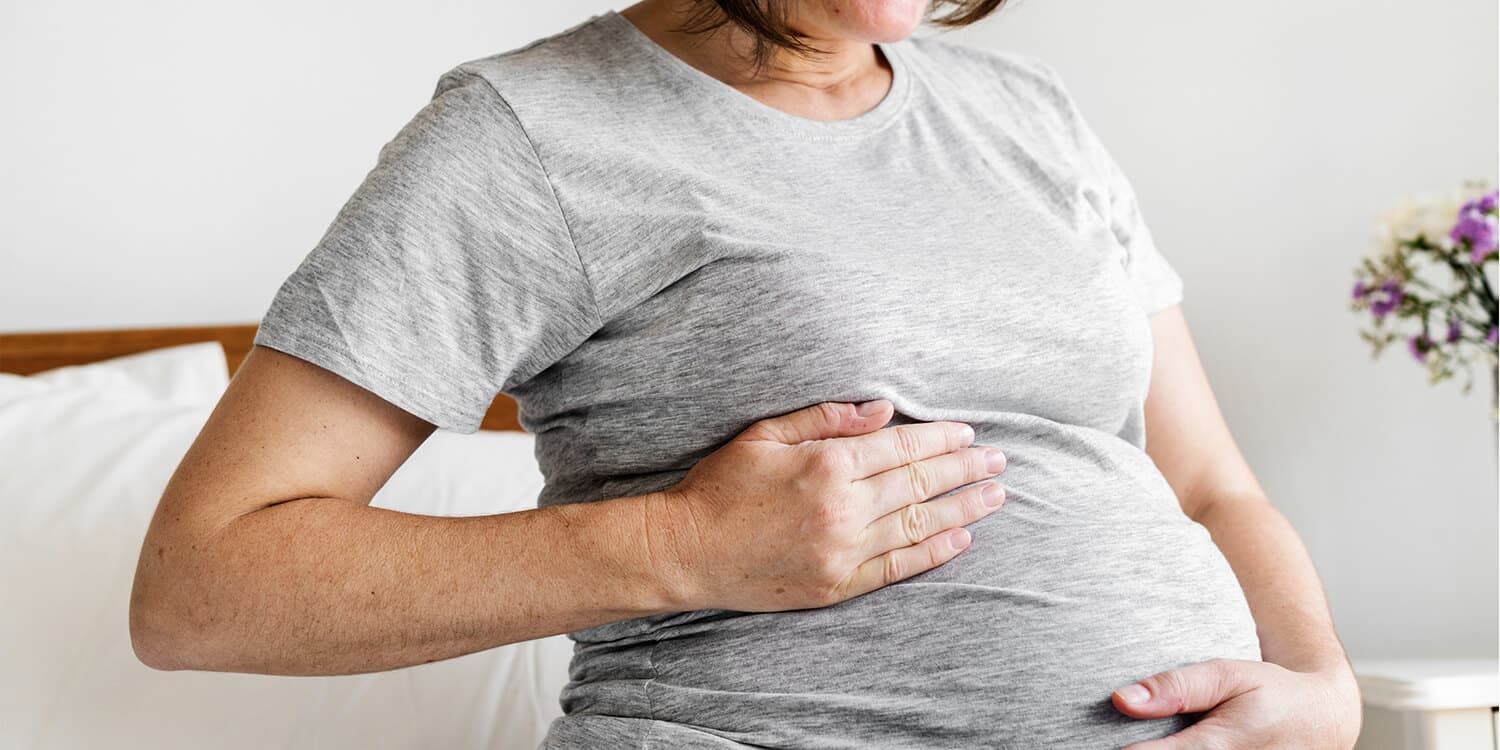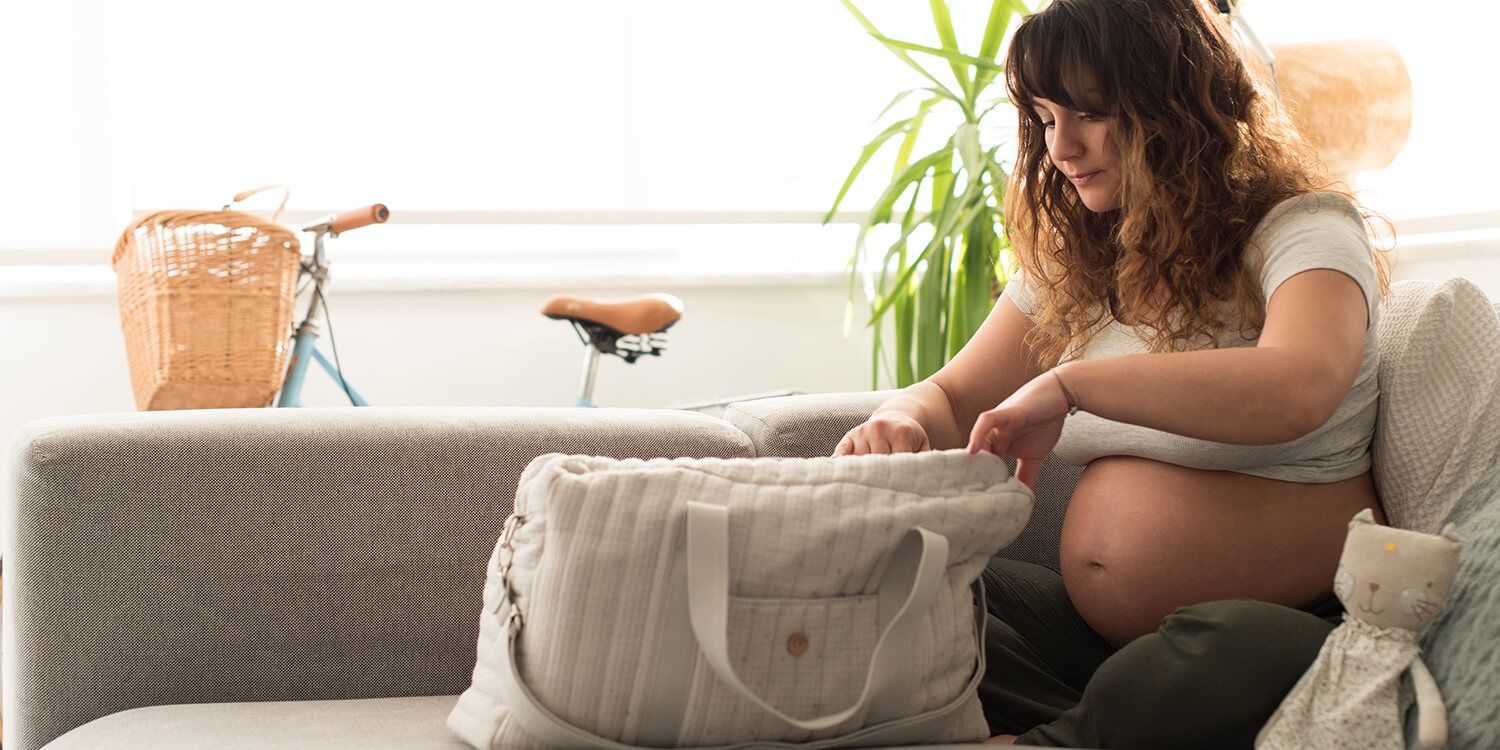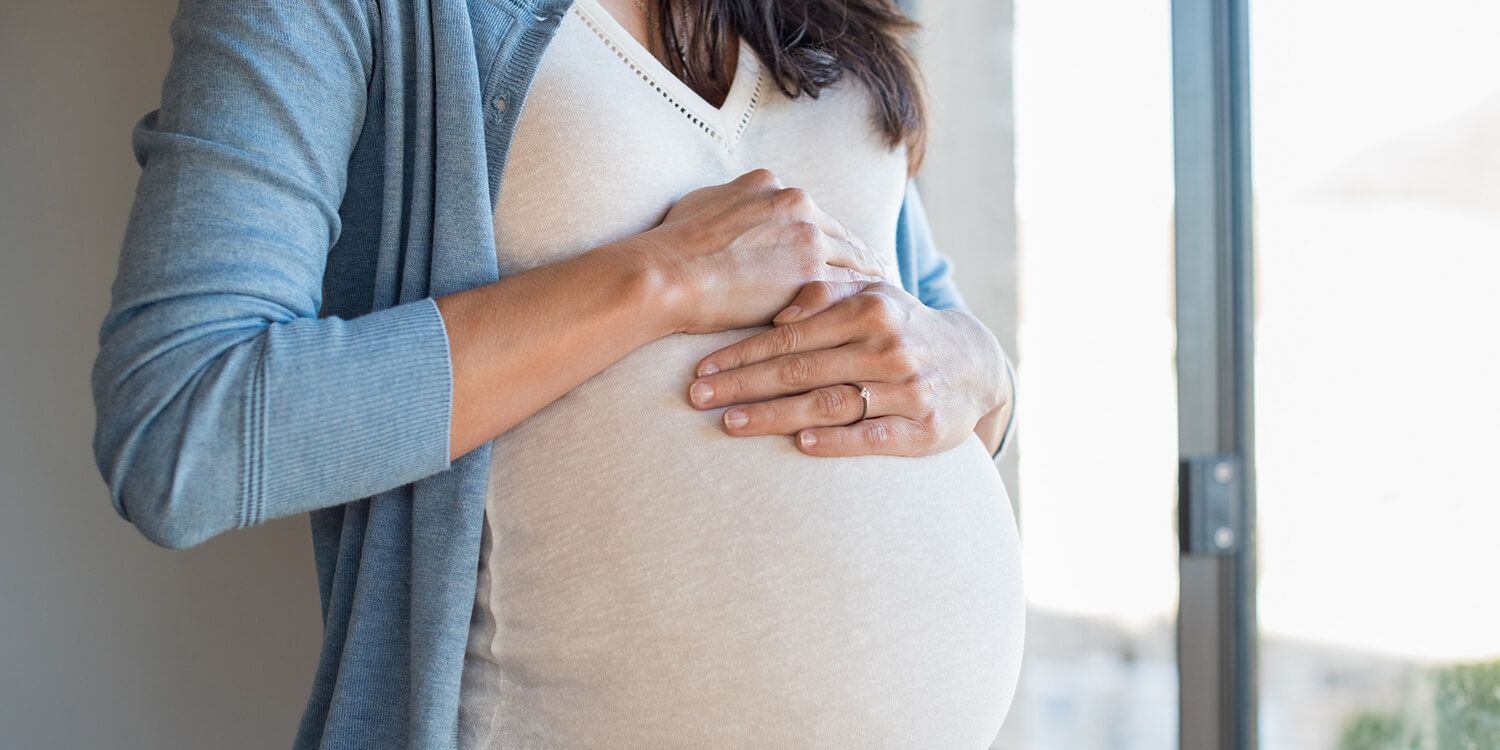The space inside your belly is becoming increasingly tight – your little one is probably curled up in a ball, in the classic "fetus position" (or fetal position): The head is bent forward, the chin lies on the chest, and the knees are drawn in. Read on to find out what you can expect to see on an ultrasound in week 30 of your pregnancy, and how you can make sure you are eating the right foods to satisfy your increased calcium requirements.
What's Going On in Your Belly at 30 Weeks Pregnant?
The fetus is around 15 inches long (crown to heel) and weighs approx. 3 lbs. The feet are a now roughly 2 inches long and the diameter of the baby's head is around 3 inches.
The lanugo hair on the body is slowly disappearing and being replaced in part by hair on the head. Apart from that, your little one is continuing to gain weight and its bones are growing stronger – which is one reason why your calcium needs are higher now (more on this below).
Your baby is now the size of a bunch of asparagus.
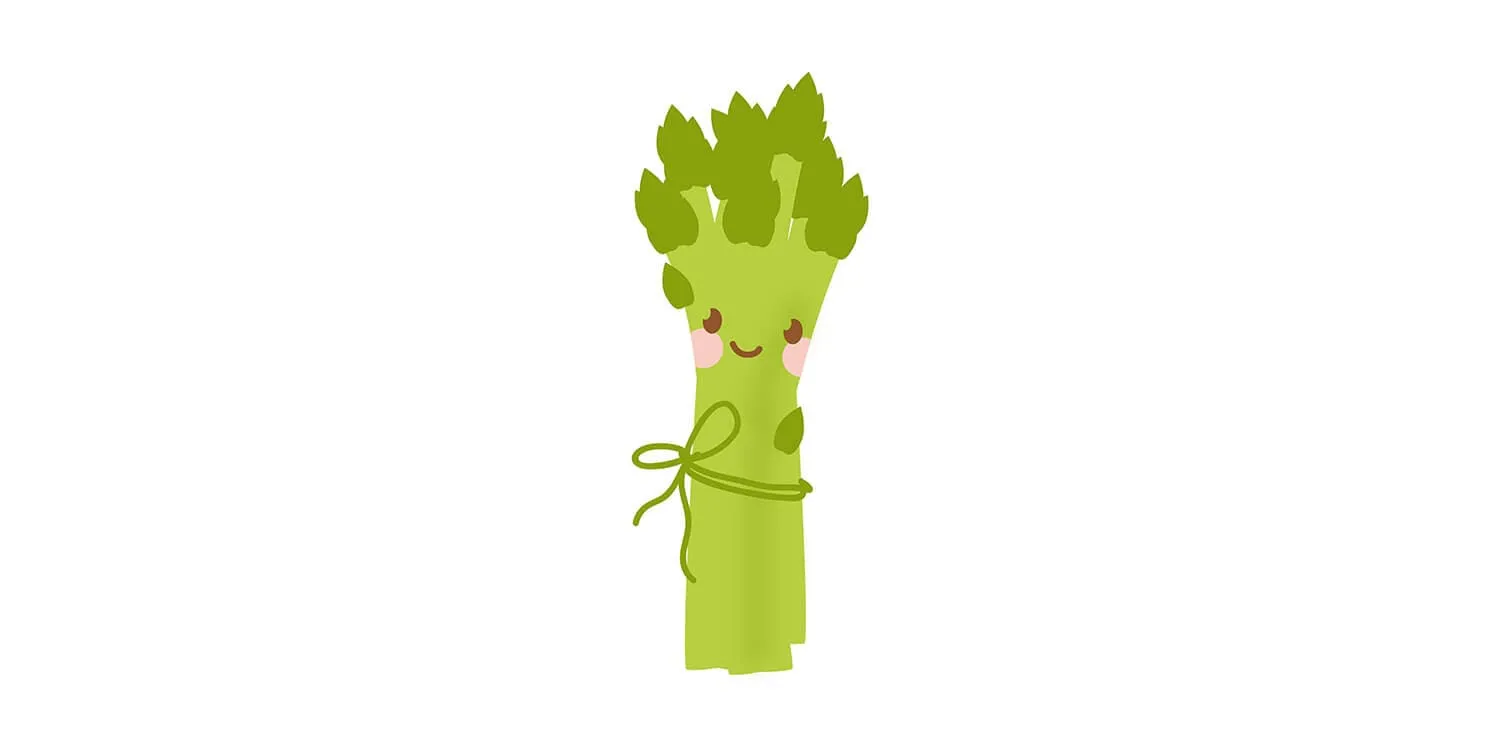
Many pregnant women will have an ultrasound in the next few weeks. This scan is used to check on the baby's organs as well as the placenta.
How Do You Feel at 30 Weeks Pregnant?
Braxton Hicks (practice contractions) are now common – your uterine muscles are training for labor. These contractions often occur after physical exertion, sex, or as a result of dehydration. Rest whenever you can and drink plenty of water. If you have more than four contractions within one hour or if they become more regular and/or longer, consult your doctor to be on the safe side. This way, if you are unsure, you can rule out premature labor.
Sleep is becoming increasingly difficult for many pregnant women by this time because the belly is in the way, the pelvis is sore, and/or the back hurts. Heartburn, shortness of breath, and fluid retention also plague many women in the third trimester.
Your baby's bones are constantly becoming stronger, which means that your calcium requirements are higher. You now require around 1200 mg/day. To meet this requirement, you can incorporate various sources of calcium into your diet throughout the day.
Some good sources of calcium are:
- Spinach
- Broccoli
- Kale
- Wholegrain bread
- Yogurt
- Cheese
- Milk
- Mineral water
- Soy milk
- Nuts
When selecting dairy products, you can also switch to low-fat variants if you are trying to watch your calories or if you generally prefer to avoid food that is high in fat.
The average weight gain around week 30 is approximately 1 lb per week. However, the value can vary greatly from one expectant mom to another, depending on your initial weight, whether you are prone to fluid retention, and how big your baby is. We recommend addressing any questions or concerns with your doctor.
If you do not like or tolerate dairy products, calcium-enriched vegetable milk (almond, soy, or rice milk) can be a good alternative.
Avoiding foods that will strip your body of calcium is just as important as maintaining sufficient calcium intake. These foods either inhibit the absorption of calcium or cause the body to excrete more calcium. Phosphate is considered a major stripper of calcium in the body and is mainly found in highly processed foods such as fast food, chips, sausages, premade meals, or drinks such as cola and soft fizzy drinks. Black tea and wheat bran contain oxalic acid, which also prevents calcium absorption. In addition, common salt promotes calcium excretion.
Finally though, some good news for all coffee lovers: Caffeine is no longer considered a calcium stripper. Nevertheless, you should not drink too much of it during pregnancy (no more than three cups per day).


















